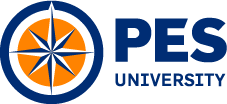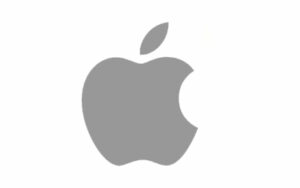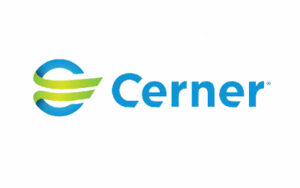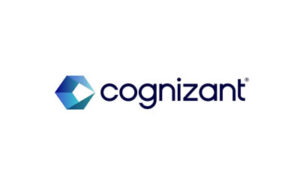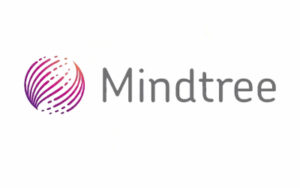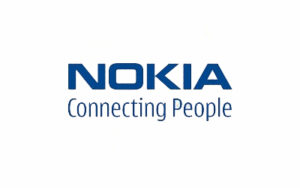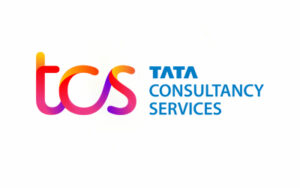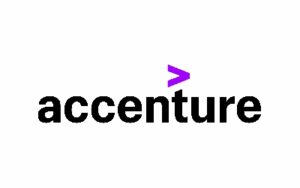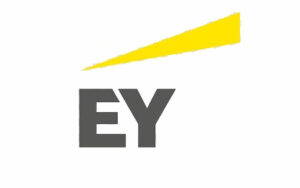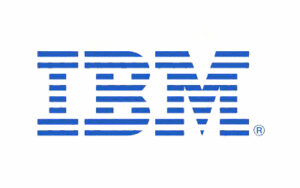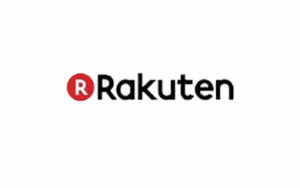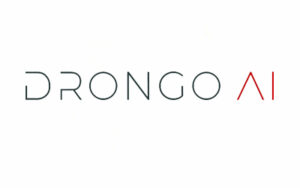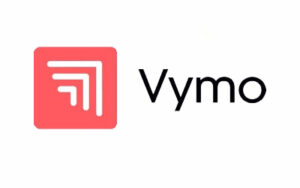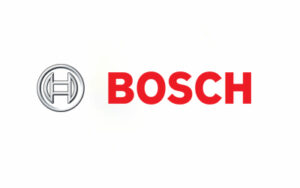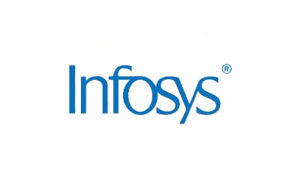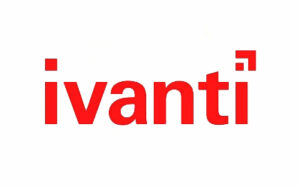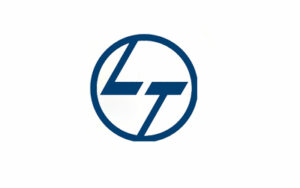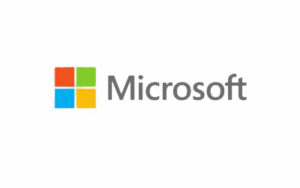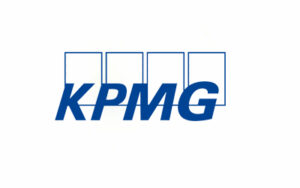Bachelor of Computer Application (BCA)
| Program Outline Bachelor of Computer Applications (BCA) | |
| Duration | 3 Years (6 Semesters) |
| Affiliation | PES University |
| Campus | Ring Road (RR) Campus |
| Admissions Test | PES Entrance Test |
| Approval Body | UGC |
Key Differentiators of This Program
PESU’s BCA program with specializations in System Administration, Application Design, and Software Testing has several key differentiators, including:
- Specializations: The program offers specializations in three different areas, giving students the opportunity to focus their studies and develop in-depth expertise in a particular area of interest. This can help students to stand out in the job market and pursue specialized career paths.
- Skill Enhancement Electives: PESU’s BCA program offers skill enhancement electives that allow students to explore interdisciplinary areas like digital marketing and cyber law. This provides students with overall education that combines technical skills with knowledge of other fields, making them better prepared for the complexities of the modern workplace.
- Placement Training with Mock-up’s: PESU offers placement training with mock-up’s, which can help students to develop their interview skills, build confidence, and prepare for job interviews. This can be particularly helpful for students who may not have prior experience with job interviews or who are nervous about the process.
- Industry-Relevant Curriculum: PESU’s BCA program is designed to be industry-relevant, with a curriculum that is regularly updated to reflect current trends and best practices in the field. This ensures that students are learning the most up-to-date and relevant skills, which can increase their chances of finding a job after graduation.
- Practical Focus: The program has a practical focus, with a strong emphasis on hands-on learning and real-world applications. This can help students to develop practical skills that they can apply immediately in the workplace, which can make them more valuable to potential employers.
- Overall, PESU’s BCA program with specializations in System Administration, Application Design, and Software Testing offers a comprehensive and practical education that can help students to succeed in the competitive world of information technology.
Program Design
| Course | Percentage | Credits | Distribution |
| Preliminary | 6.67 | 8 | 3% – 6% |
| Foundation | 37.50 | 45 | 30% – 40% |
| Core | 32.50 | 39 | 30% – 40% |
| Elective | 13.33 | 16 | 10% – 20% |
| Project Work / Self Study | 10.00 | 12 | 6% – 12% |
| Total | 100.00 | 120 | 120 (C) |
Who should pursue this Program?
- Have a keen interest in computer science and technology.
- Have a good understanding of mathematics and logical reasoning.
- Have excellent analytical and problem-solving skills.
- Are passionate about programming and software development.
- Are interested in learning about database management, networking, and web development.
Focus Areas/ Key Subjects
- Programming Languages: Programming languages like C, C++, Java, Python, and more.
- Database Management: Database management concepts and learn how to design and manage databases.
- Software Engineering: Basics of software engineering, including software design, testing, and maintenance.
- Web Development: Training in web development, which includes creating websites, web applications, and e-commerce platforms.
- Computer Networks: Learn about computer networks and network security.
- Operating Systems: Study operating systems and learn how they function.
- Mathematics: Learn mathematical concepts such as linear algebra, calculus, and statistics.
- Business Management: Trained in business management concepts such as accounting, finance, and marketing.
Pedagogy Method
- Lectures: The traditional lecture format is often used to deliver course material, provide context, and introduce new topics. Lectures are also supplemented with multimedia resources, such as videos and slides.
- Practical Classes Through Labs: Labs that provide hands-on experience with computer programming, software development, and database management. These practical classes are designed to help our students apply what they have learned in theory.
- Projects: Projects which are both individual and group projects. This approach allows students to apply their learning to real-world problems and gain experience working on complex software development projects.
- Group Discussions: This facilitates peer-to-peer learning amongst our students and foster collaborative problem-solving.
- Online Learning Through PESU Academy: Online learning through our in-house build ERP system – PESU Academy, is encouraged amongst our students. PESU Academy consists of full stack of professionally prepared videos, PPT slides, notes, question bank, reference materials etc…This approach provides greater flexibility for our students to learn at their own pace and access course material at any time.
Curriculum Structure
Semester 1
| Subjects | Credits |
|---|---|
| Computing Fundamentals using Python | 5 |
| Web Technology | 5 |
| Mathematical Foundations for Computer Applications | 4 |
| Macro Programming | 4 |
| Professional Communication and Ethics | 3 |
| Indian Constitution | 1 |
| Total | 22 |
Semester 2
| Subjects | Credits |
|---|---|
| Programming with C | 5 |
| Database Systems | 5 |
| Platforms and Operating Systems | 4 |
| Computer Organization and Architecture | 4 |
| Personality Development | 3 |
| Environmental Studies | 1 |
| Total | 22 |
Semester 3
| Subjects | Credits |
|---|---|
| Data Structures | 5 |
| Object Oriented Programming | 5 |
| Data Communication | 4 |
| Elective I | 4 |
| Digital Marketing | 4 |
| Total | 22 |
Semester 4
| Subjects | Credits |
|---|---|
| Design of Algorithms | 5 |
| Web Application Design | 5 |
| Software Engineering | 4 |
| Elective II | 4 |
| Cyber Law | 2 |
| Project Phase 1 | 2 |
| Total | 22 |
Semester 5
| Subjects | Credits |
|---|---|
| Web Application Framework | 4 |
| Statistics and R Programming | 4 |
| Elective III | 4 |
| Elective IV | 4 |
| Entrepreneurnship | 3 |
| Project Phase 2 | 4 |
| Total | 23 |
Semester 6
| Subjects | Credits |
|---|---|
| Cloud Technologies | 3 |
| Internship/Swayam/MOOC* | 4 |
| Project Phase 3 | 2 |
| Total | 9 |
Elective I
| Course |
|---|
| Human Computer Interaction |
| Web Content Management |
| E-Commerce Application Development (Shopify) |
| Accounting and Financial Management |
| Data Visualization |
Elective II
| Course |
|---|
| Linux Administration |
| Computer Graphics |
| Debugging and Testing |
Elective III
| Course |
|---|
| Database Administration |
| 2D/ 3D Animation |
| Automation Testing |
Elective IV
| Course |
|---|
| Network Administration |
| Gaming (AR) |
| Robotic Process Automation |
Future Career Prospects after completing the Program
- Full Stack Developer: A lot of students have a great opportunity in shaping their career as Full-Stack Developer. The opportunities are available in both Service and Product based companies. Currently the technology stack used in such profiles are MEAN and MERN Stack.
- Web Design & Development: A lot of Web-Development companies hire Computer Applications students for designing Websites for E-commerce, Finance, Hospitality, Transportation, and various other domains.
- Network Management: Companies relying on network infrastructure also hire freshers and train them in Infrastructure Management. They are trained on SNMP tools to constantly monitor the critical network components. They also work on automation of various networking operations which otherwise is time consuming.
- Software Testing: Computer Applications students are also in demand for Software testing both for manual and automated divisions. The students are exposed to Testing tools like Java Script, Selenium etc.
- CRM & ERP: A good number of students are absorbed by companies building CRM and ERP applications. They train the freshers on SAP technologies, Oracle, or proprietary software.
- Network Security: A few organizations provide opportunities for freshers to work on identifying vulnerabilities in their system and identify security measures. A new dimension is now open in Blockchain technology.
- IoT and Data Science: Abundant scope is open for Graduate freshers who have hands-on Internet of Things to work on various Industrial projects, Security, Home Automation etc. The huge amount of data collected is also further considered for Data Analytics and Data Science projects. Most of these projects also demand skills of Cloud Computing.
- Mobile App and UI / UX: Graduates are also preferred in developing Mobile Applications, front-end design – User Interface / User Experience, in customizing the first-hand experience of customers/users in handling any user interface. Companies building Android / IOS apps for Games, AR/VR applications etc prefer freshers in this domain as well.
PES University provides Placement Assistance in various formats/ events
Placement Orientation: An orientation is organised by the University and at the Department level to make the students aware of the Placement policies. The policies are framed such that every student gets fair opportunity in making their career.
Pre-Placement Training: The University has a unique campus-wide program called Pre-Placement Training, a unit of PESU I/O. A team of final year students conduct a series of tests, both aptitude and technical twice a week.
Alumni Interaction: The Department organizes Alumni interactions with the students to assist them in preparing for Placements right from Resume writing to facing interviews.
Invited Guest Lectures: Sessions are conducted by inviting industrial trainers to help the freshers crack the aptitude tests.
Placement Coordinator: There is a dedicated coordinator who deal with the Placement Activities at the departmental level to assist the students in getting more exposure to the industry expectations and real-world applications.
Industry Interactions: Students are taken to various technology summits to understand the industry potentials and its future trends.
Placement Opportunities & Career Assistance
Placements
Opportunities in the corporate sector are made available for outgoing students during their final semester for which professional training is imparted. Students are expected to have good academic records to ensure a definite placement
Placements
Opportunities in the corporate sector are made available for outgoing students during their final semester for which professional training is imparted. Students are expected to have good academic records to ensure a definite placement
How to apply
See the eligibility criteria and important information for our programs
How to apply
See the eligibility criteria and important information for our undergraduate programs
Study at PES
Study at PES
Contact Us
Read our FAQs or contact us:
Ring Road Campus /
Electronic City Campus:
080-10-297297
Hanumanthanagar Campus:
+91 80 22429391
Contact Us
Read our FAQs or contact us:
Ring Road Campus /
Electronic City Campus:
080-10-297297
Hanumanthanagar Campus:
+91 80 22429391
You may also be interested in
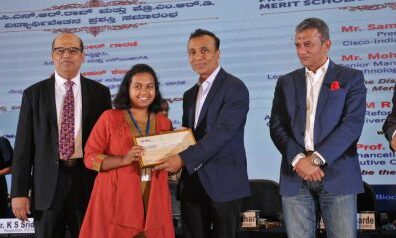
Giving to PES
The support extended by patrons like you, has been the primary reason for the substantial growth of our institution. Your contribution would greatly assist in making your PES a world-class institution.

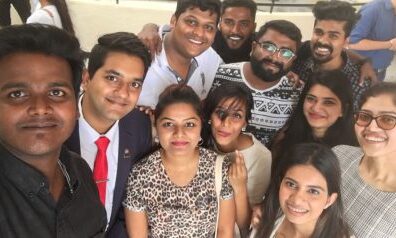
Staying in Touch
Join Alumni Network: The PES website supports the alumni network. All a student needs to do is create an account and you can start connecting with our Alumni to access a range of opportunities and benefits.

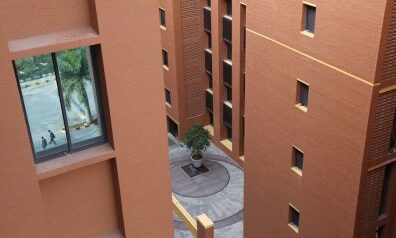
Discovering our Newsletters
The Student Newsletter is your guide to what’s happening on campus and in the student community. Find out about PES events, leadership, career and the amazing achievements of your fellow PESU students!

